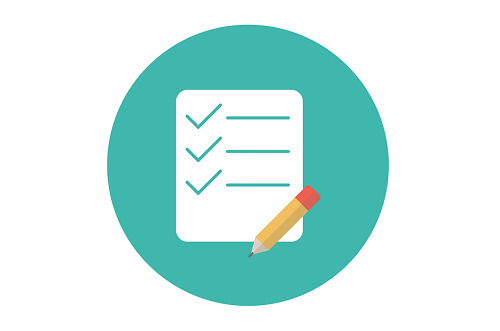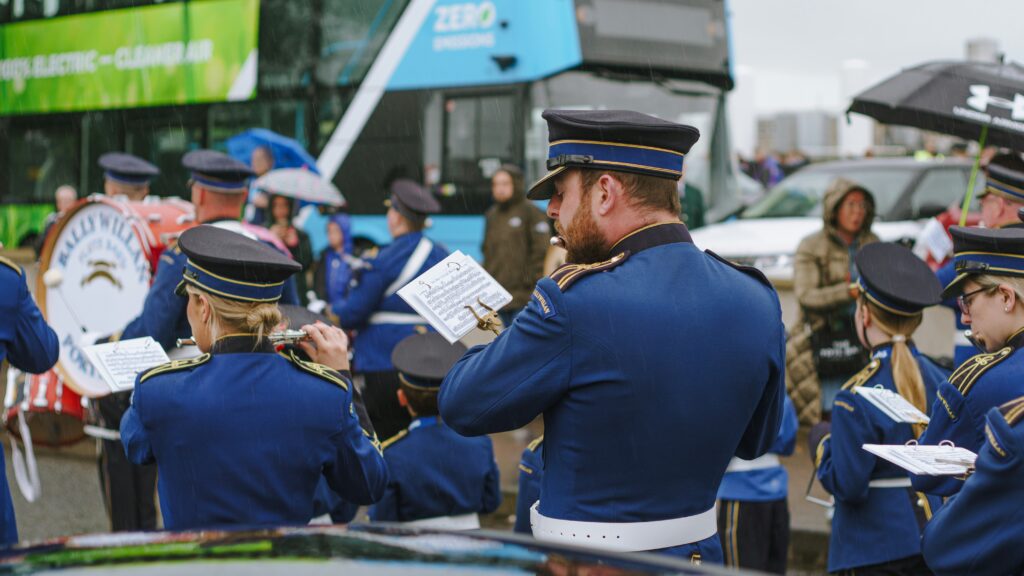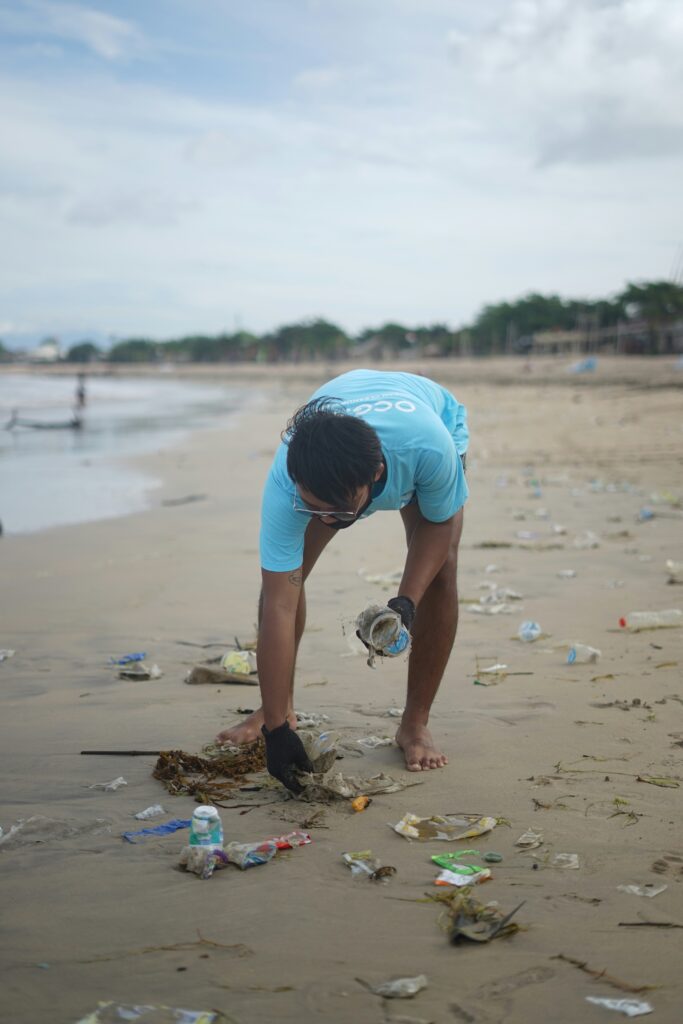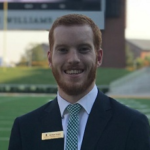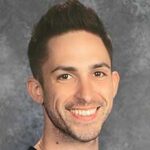Career Choices – Following Interests vs Following Others
For many students, career choices can be just as overwhelming as major and college choices. In the midst of pressure and confusion, the external influences of others can creep into our brain and make us second guess ourselves or change what we are thinking altogether. It’s human nature that what people say impacts how we think. However, there are downsides.
When it comes to career choices, this phenomenon happens all the time. Your parents are doctors, so they want you to be a doctor. Your cousin is a successful programmer, so now your dad says you should be one, too. Let’s face it: living up to someone else’s dream is not only hard; it’s also insincere. And believe it or not, following the path someone else has laid out for you usually hurts your chances of getting accepted to the best colleges.
If you don’t believe the last sentence, take a look at some of the reasons why following others can hurt your chances of getting accepted into colleges.
Poor Application Essays
“Why are you interested in your major?” or “Why are you interested in this topic?” are common prompts for application essays, whether you’re applying to college or a competitive summer program like COSMOS. So whenever students answer with “My parents taught me to…”, that’s a red flag that reader interpret as “My parents told me to.”

Ivy League schools, top universities, and selective summer programs are looking for independent thinkers and genuine learners. There’s a HUGE stigma out in admissions against the helicopter mom who forced their kids to do something, be it medicine or engineering. Even if you did gain inspiration from your parents, relatives, or friends, you MUST have be able to express a genuine personal passion that transcends that influence. Your story needs to speak more to your own curiosities and aspirations rather than those of others.
Make Your Career Choices So Colleges Don’t View You Negatively
Colleges, especially the top colleges, like Harvard and the Ivies, or even UC Berkeley and UCLA, look for students who are genuine in their intellectual pursuits. When we follow others, we start doing general things like starting a club because “it makes you look good” or participating in a sport or instrument because “it shows well-roundedness.” Following myths like these make you just like everyone else and read terribly to colleges.

Why? It’s clear that the interest that led to those activities wasn’t genuine. Whether you’re describing purposeless extracurricular involvement in college application essays, the activities section, or alumni interviews, top colleges in the US can tell whether you branched out and explored a real interest or simply did as you were told.
Choosing Your Career Path to Avoid Stress and Unhappiness
When we follow someone else’s dreams and aspirations, we don’t get a chance to live our own. As a result of this, we see students (and their parents) make bad decisions with their time, all the time. Consider the following examples:
- Taking way too many AP courses.
- Taking weighted coursework not relevant to your interests, and not relevant to your major.
- Applying to 15 summer programs, only to find yourself enrolled in a ridiculously hard class that’s not interesting.
- Constantly searching for internships when college admissions don’t even care.
- Volunteering 200+ hours because you heard that it’s one way to stand out for college.
- Spending 7 hours a day, 5 days a week, for the entire summer on a “boot-camp” test prep course that only gets you to 1400, not the 1500 you were hoping for.
Get Personalized Help with Career Choices and Colleges to Apply to
Chronic stress is an epidemic for high schoolers and their parents. It’s easy for kids to stay at home over-studying (when they should be out exploring the world and their interests), and it costs a lot of money to fix (from mindless SAT prep programs that barely raise kids’ scores to countless therapy sessions that kids seek out to counteract the pressure).
By providing good information and a smart way of living and learning, ReadyEdgeGo hopes to zap this stress. If you feel like you may be a victim of following others, please reach out to us so we can help you find your own interests.
We hope that this provides some valuable insight into how to release some of the stress you may have while making your college application profile even stronger.
Podcast: Play in new window | Download

